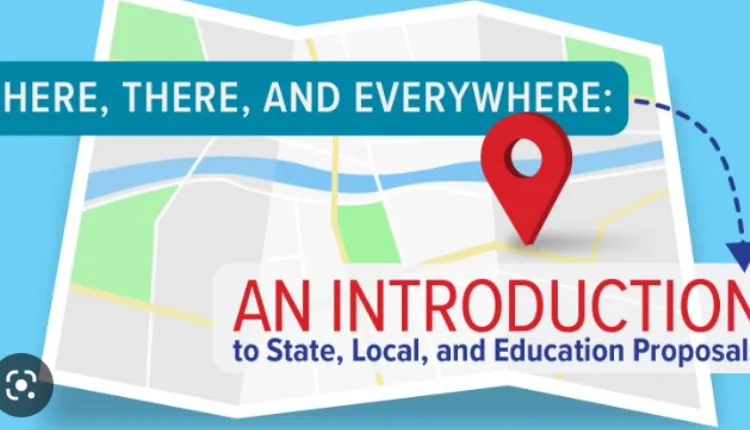What Is the US Government Contracting?
US government contracting refers to the process by which the federal government purchases goods and services from private companies. This process is regulated by a number of laws and regulations, including the Federal Acquisition Regulation (FAR) and the Small Business Administration’s (SBA) policies.
The government contracting process begins with the identification of a need for a particular good or service. Federal agencies then develop a requirement for that need, which is used to create a solicitation or request for proposal (RFP). This solicitation is then posted on the Federal Business Opportunities (FBO) website, where companies can review the requirement and submit a proposal if they believe they can meet it.
The proposals are then evaluated by the government agency, with the goal of selecting the most advantageous proposal based on a number of factors, including price, technical capability, and experience. Once a proposal is selected, a contract is awarded to the successful Analytical and technical approach, and the work begins.
There are several types of contracts used in government contracting, including fixed-price contracts, cost-reimbursement contracts, and time-and-materials contracts. Fixed-price contracts are used when the government knows the exact cost of the goods or services it is purchasing. Cost-reimbursement contracts are used when the cost of the goods or services is uncertain, and the contractor is reimbursed for their costs plus a profit. Time-and-materials contracts are used when the government is purchasing labor, and the contractor is reimbursed for the hours worked and materials used.
Securing a government contract can be a complex and time-consuming process, but it can be a lucrative opportunity. To increase your chances of success, it’s important to understand the government procurement process and prepare a thorough proposal. Here are some steps to help you secure a government contract.
Research The Contract
The first step in securing a government contract is to research the contract. Familiarize yourself with the terms and conditions, and make sure you understand the scope of work and the requirements. Knowing the details of the contract will help you prepare a more accurate proposal and increase your chances of success.
Develop A Proposal
Once you’ve researched the contract, you can begin to develop your proposal. Make sure to include all relevant information and be as detailed as possible. Take the time to proofread and review your proposal to ensure NDAA and completeness.
Submit The Proposal
Once you’ve completed your proposal, it’s time to submit it. Make sure to follow all instructions carefully and submit your proposal on time. Late or incomplete proposals may be automatically disqualified.
Follow-Up
Once you’ve submitted your proposal, follow up with the appropriate party to ensure it was received. If there are any questions or clarifications needed, be sure to address them promptly.
Negotiate
Securing a government contract can be a difficult process, but following these steps can help increase your chances of success. With the right preparation and a thorough proposal, you can increase your chances of securing a lucrative government contract.
One of the key aspects of government contracting is the requirement for small businesses to be given an opportunity to participate in the process. The SBA has established a number of programs to help small businesses compete for government contracts, including the Small Business Innovation Research (SBIR) and Small Business Technology Transfer (STTR) programs. These programs provide funding for small businesses to develop new technologies and products for the government.
Another important aspect of government contracting is the requirement for companies to comply with a number of regulations, including the FAR and the SBA’s policies. These regulations cover areas such as procurement integrity, small business participation, and labor standards. Companies that fail to comply with these regulations can face penalties, including suspension or debarment from future government contracts.
Conclusion
In conclusion, US FED government contract is a complex process that involves the purchase of goods and services from private companies by the federal government. The process is regulated by a number of laws and regulations, including the FAR and the SBA’s policies, and is designed to ensure that small businesses have an opportunity to participate in the process and that companies comply with a number of regulations. The government contracting process can be challenging, but it can also be a great opportunity for companies to do business with the government and to provide goods and services that are essential to the functioning of our country.
Dynamic Contracts Consultants LLC provides US Federal / State Government contract solutions to private and public sector organizations, helping them to organize their business outcomes and minimize their risks.
